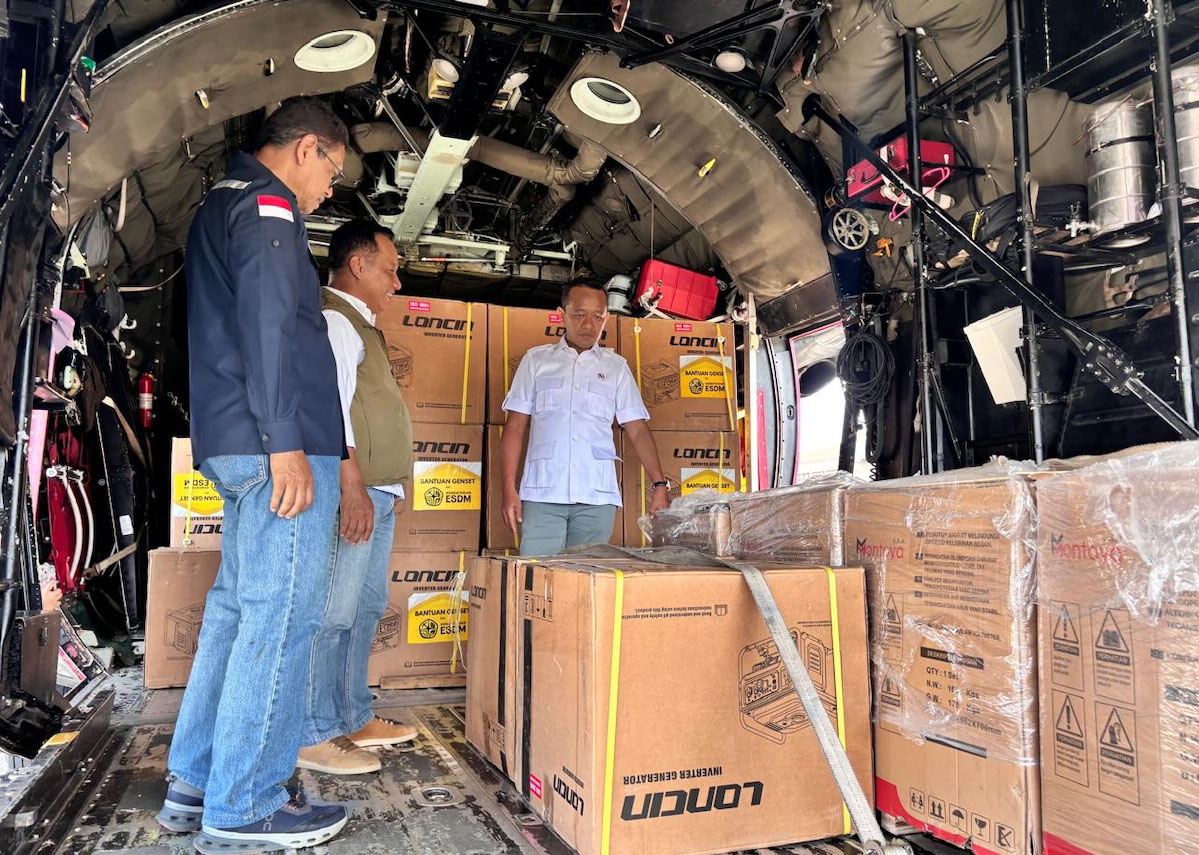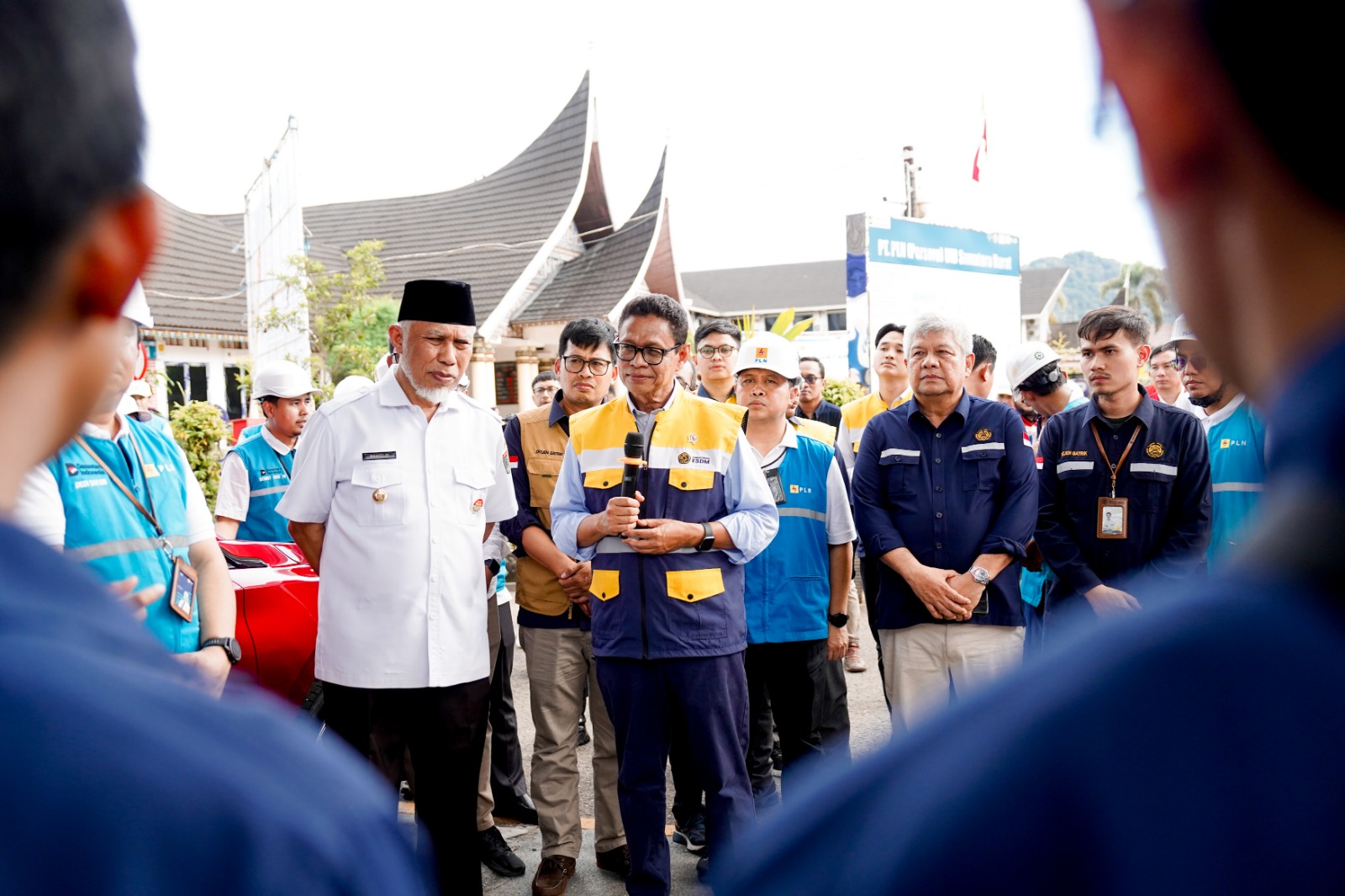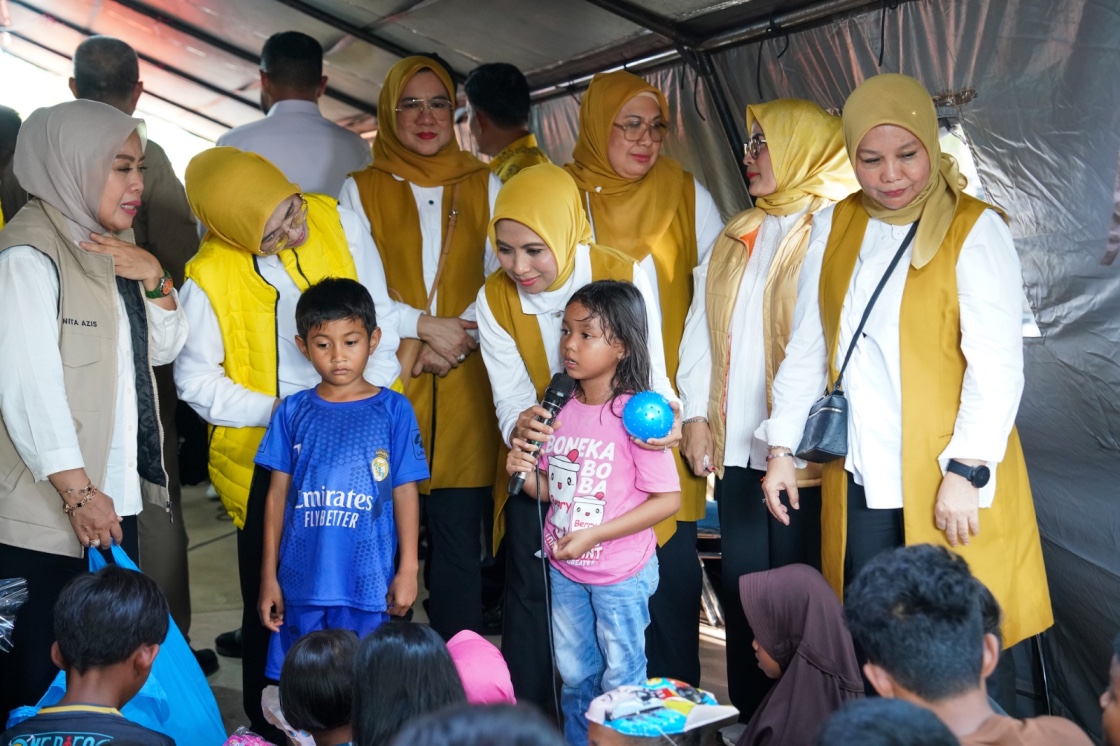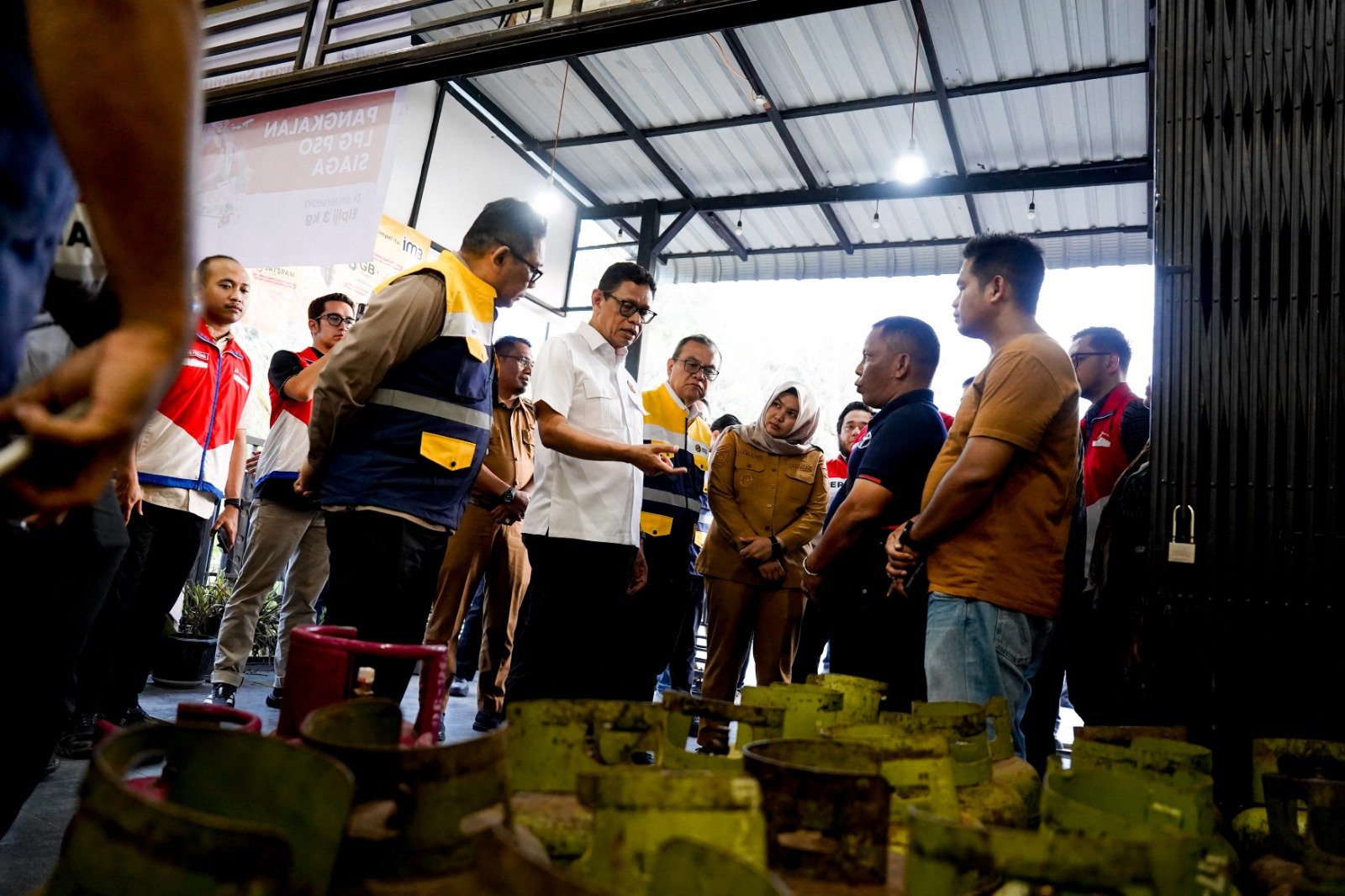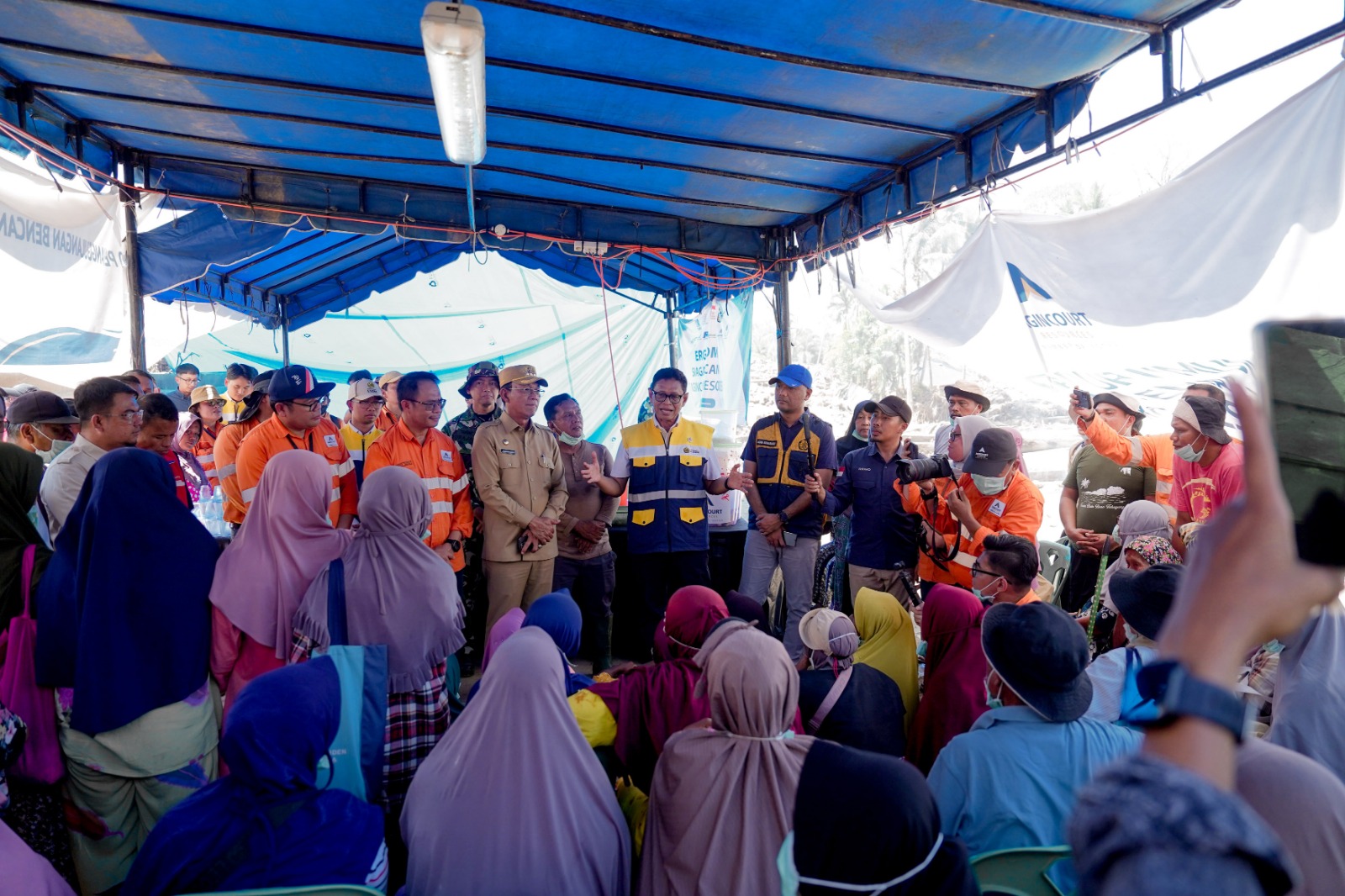Indonesia, Denmark Launch Renewable Energy Pipeline
MINISTRY OF ENERGY AND MINERAL RESOURCES
REPUBLIC OF INDONESIA
PRESS RELEASE
NUMBER: 321.Pers/04/SJI/2021
Date: 10 September 2021
Indonesia, Denmark Launch Renewable Energy Pipeline
It's not easy to massively develop renewable energy, but with commitment and consistency, I'm confident the target is not impossible to meet, the Bioenergy Director of Indonesian Ministry of Energy and Mineral Resources (EMR), Andriah Feby Misna, has said at the virtual launching of Renewable Energy (RE) Pipeline Report on Thursday (9/9).
The RE Pipeline Report resulted from a collaboration between the Ministry of EMR and Danish Energy Agency (DEA). It is a roadmap for Indonesia in meeting the new and renewable energy target by 2025. It has been based on Indonesia's existing energy planning documents, and provides the paths to the realization of the 23% renewable energy target as well as showcases how renewable energy technologies can be adopted anywhere.
Feby said it was about time Indonesia seized every opportunity to explore the use of renewable, deal with any challenges, and share experiences and best practices. Feby said the involvement of key stakeholders at both national and international levels would be needed to implement the pipeline process.
The RE Pipeline offers two types of medium-term recommendations, namely technical and policy recommendations. The technical recommendation includes the efforts to increase the integration of renewable energy variables, while the policy recommendation offers a toolbox that is useful for adjusting the policy framework that supports and reduces the investment risks of renewable energy business.
According to the Indonesian National Energy Policy (KEN), the target for new, renewable energy share in the national energy mix is 23% in 2025. Until 2020, this share only reached 11.2%, which means there is a 12% difference that must be settled in less than five years. Therefore, the government needs to review the country's renewables potential, and integrate the potential into an appropriate planning to speed up and ensure the performance of new, renewable energy projects in Indonesia.
The RE Pipeline divides
Indonesia into seven regions, namely Java-Bali, Sumatra, Kalimantan, Sulawesi,
Nusa Tenggara, Maluku, and Papua. The target for renewable energy realization
of each region differs according to the region potential. In absolute terms,
the study recommends an increase in renewable energy capacity of 22.6 GW in
2025. In general, the Covid-19 pandemic will impact on the electricity demand
in the short term. In a worst case scenario, the assumption is that electricity
demand will be reduced by 15% in 2025. As a result, the addition in renewable
energy generation capacity will lower to 18 GW until 2025, with wind and solar
energy accounting for 7.1 GW of the capacity. The following table shows Indonesia's
electricity system in 2025 according to an optimized cost analysis.
Hydro and geothermal energy still make up the largest section of the new, renewable energy capacity in Indonesia's electricity system in 2025, at a total of 17.7%. However, solar, wind, and biomass offer a quite large capacity to meet future energy demands. In 2025, the share of the three energy types will increase to 5.3%, compared to the share in 2019 of 0.33%.
The final recommendations of the RE Pipeline Report are aimed to ensure that power plants are developed efficiently and sustainably, thus sending a positive signal to potential investors and international developers. The renewable energy roadmap will help lower prices and create inexpensive renewable energy options to meet future energy demands. The roadmap will also positively impact on the creation of new jobs, thereby helping to ease the economic burdens due to the Covid-19 pandemic.
Geothermal Director, Harris, who also joined the launching ceremony, said that the RE Pipeline was in line with the targets of the Indonesian government, including those for renewable energy, emission reduction, and net zero emission. He wished the ceremony participants could get the information and insights into what needed to be done by Indonesia to meet the net zero emission target in 2060, and, if possible, to move it forward to 2050.
"Once again, I'd like to thank the Danish government for its cooperation with Indonesia in the energy sector, particularly in renewable energy and energy efficiency", Harris concluded.
For the record, the RE Pipeline is a study prepared by Directorate General of New, Renewable Energy and Energy Conservation of the Ministry of EMR and Danish Energy Agency (DEA) under the framework of Indonesia-Denmark Energy Partnership Program (INDODEPP). A bilateral cooperation in the energy sector, the INDODEPP is a continuation of the Strategic Sector Cooperation (SSC) between the two countries that has been built since 2016. (IY)
Head of Bureau of Communication, Public Information Services, and Cooperation
Agung
Pribadi (08112213555)
Share This!

